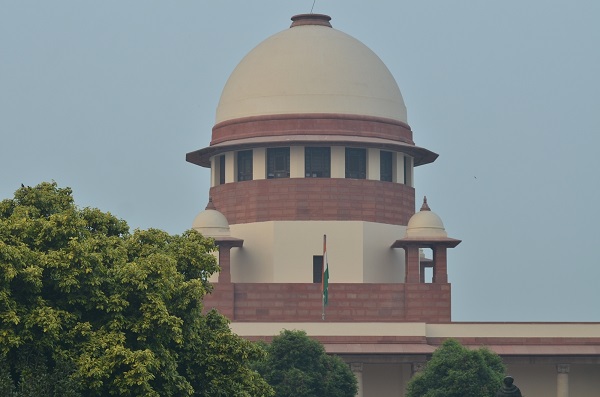New Delhi, The Supreme Court on Friday asked the RO (reverse osmosis) Manufacturers Association to approach the Centre on the National Green Tribunal order banning the use of the water purification technology where the TDS (total dissolved solids) content is below 500 mg per litre.
A bench headed by Justice Nariman and comprising Justice S. Ravindra Bhat said the Water Quality India Association can move the ministry concerned with a representation containing scientific studies to back its case.
Justice Nariman said the association claims to have abundant material to present before a ministry, which the ministry should take into consideration before issuing a notification.
The association had moved the apex court challenging the NGT order, which directed the government to sensitize public on the ill-effects of demineralised water, and also regulate the use of this purification technology.
The counsel representing the association cited the Bureau of Indian Standards (BIS) report in various cities, including Delhi, where heavy metals in the groundwater were tracked.
“The NGT order is unsustainable inasmuch as the same have been passed without evaluation of scientific materials, water quality data and international standards”, contended the association counsel before the court.
The NGT order, passed in May 2019, said, “The Ministry of Environment and Climate Change may issue appropriate notification prohibiting the use of RO where TDS in water is less than 500 mg/litre and wherever RO is permitted and a requirement must be laid down for more than 60 per cent recovery of water.”
The tribunal said that provision shall be laid down by the ministry concerned for recovery of water up to 75% and the use of such RO reject water for purposes such as utensil washing, flushing, gardening, cleaning of vehicles and floor mopping.
The association plea said, “The NGT has erred in law in failing to consider that TDS alone cannot and ought not be a single factor for qualification of water quality.”
The tribunal passed the order without taking into consideration drinking water standards as per IS: 10500 Guidelines.
Justifying the technology, the association said the NGT failed to document that municipal supply lines are made of GI and after prolonged usage, there is always a possibility of leach of lead developing in these pipes. Therefore under these circumstances, RO technology for water purification is a necessity.








